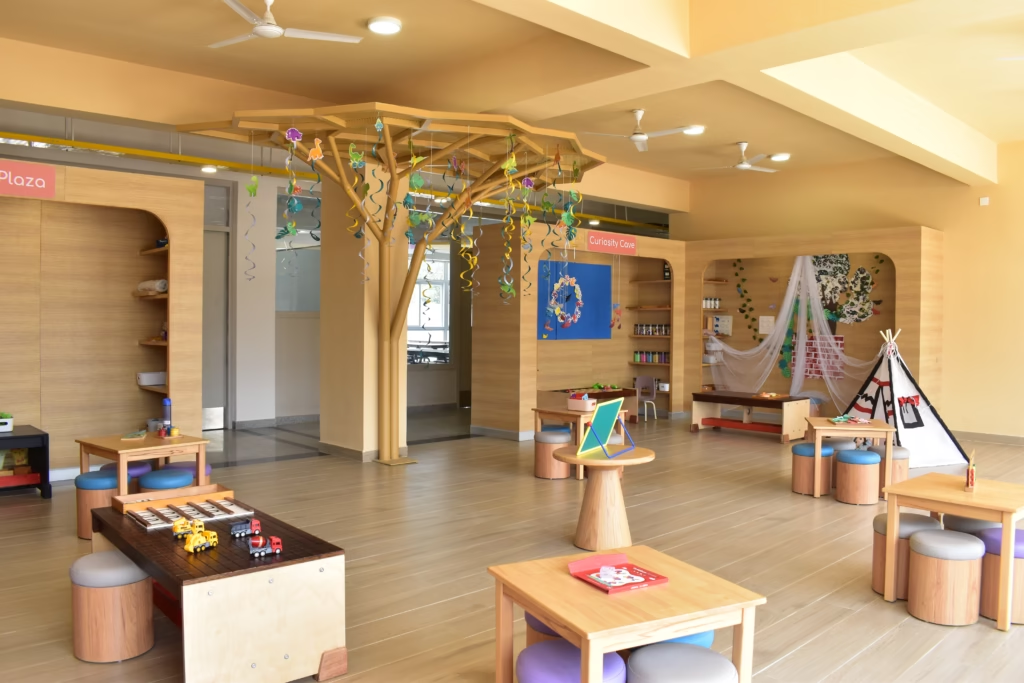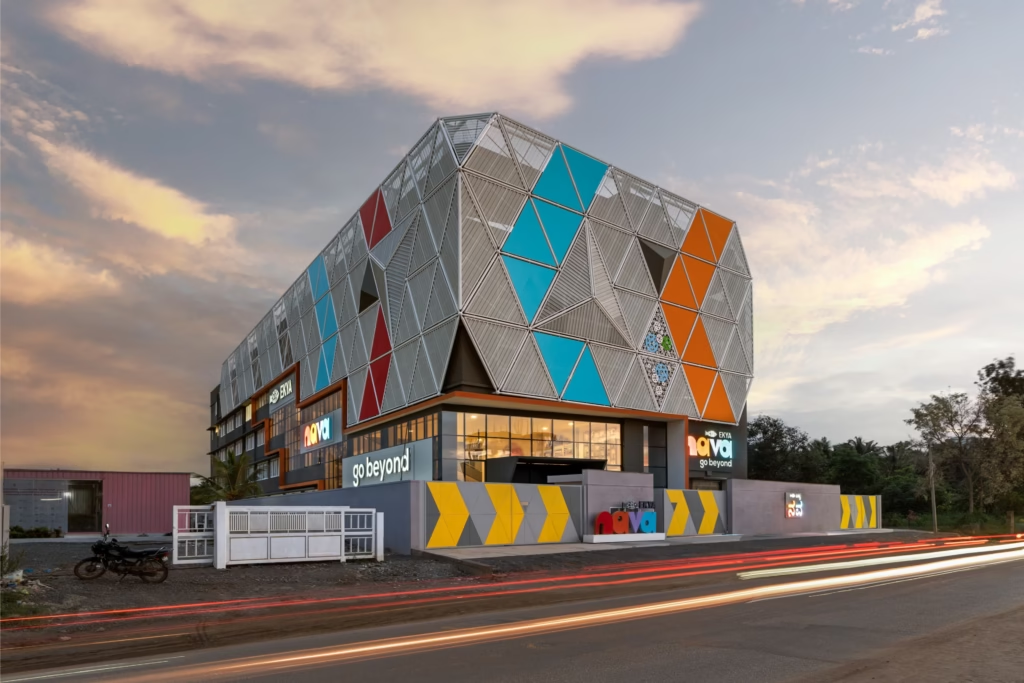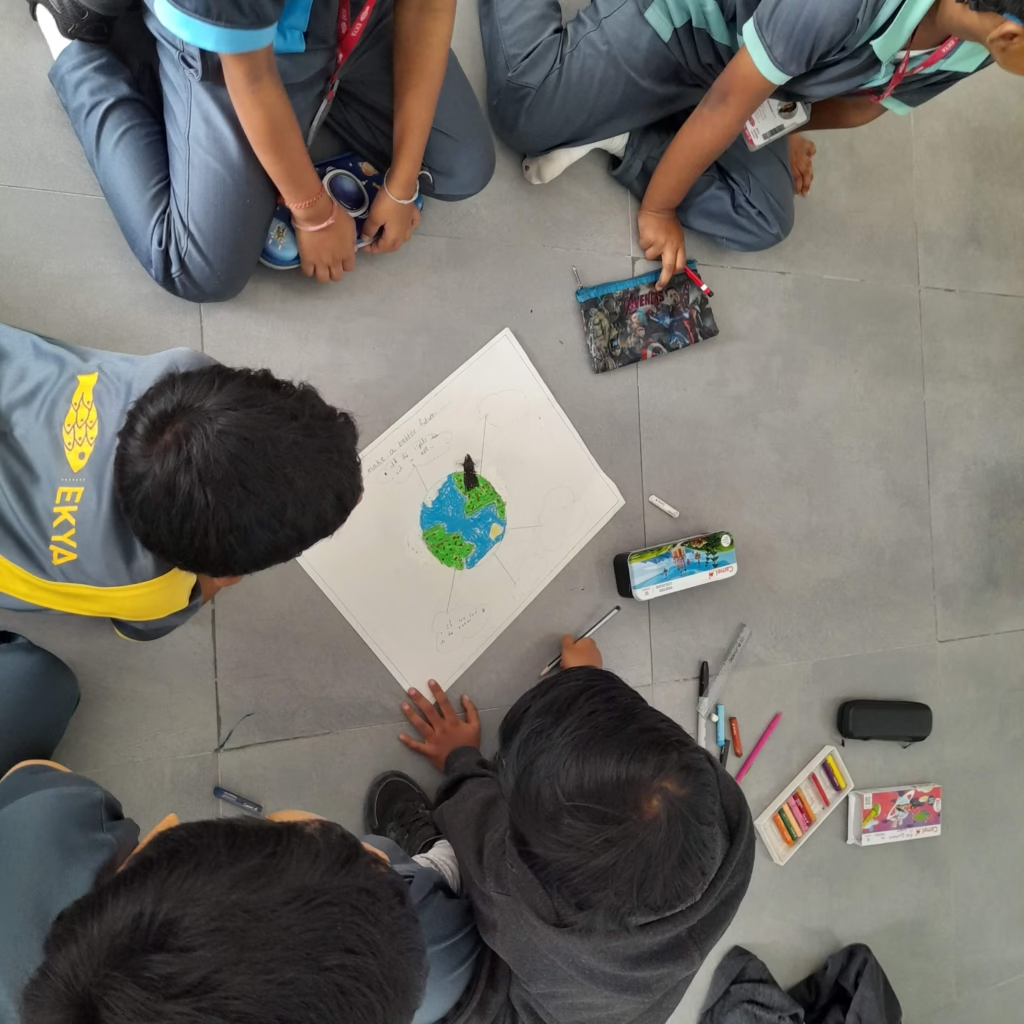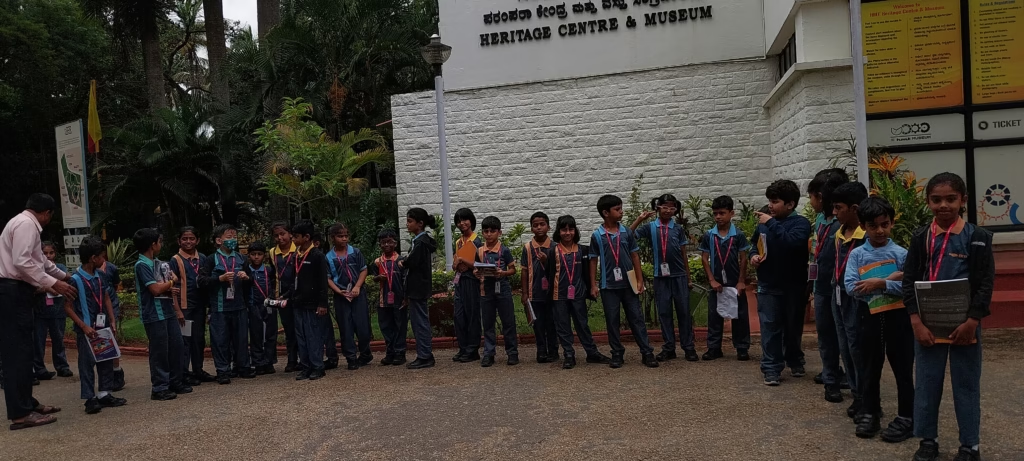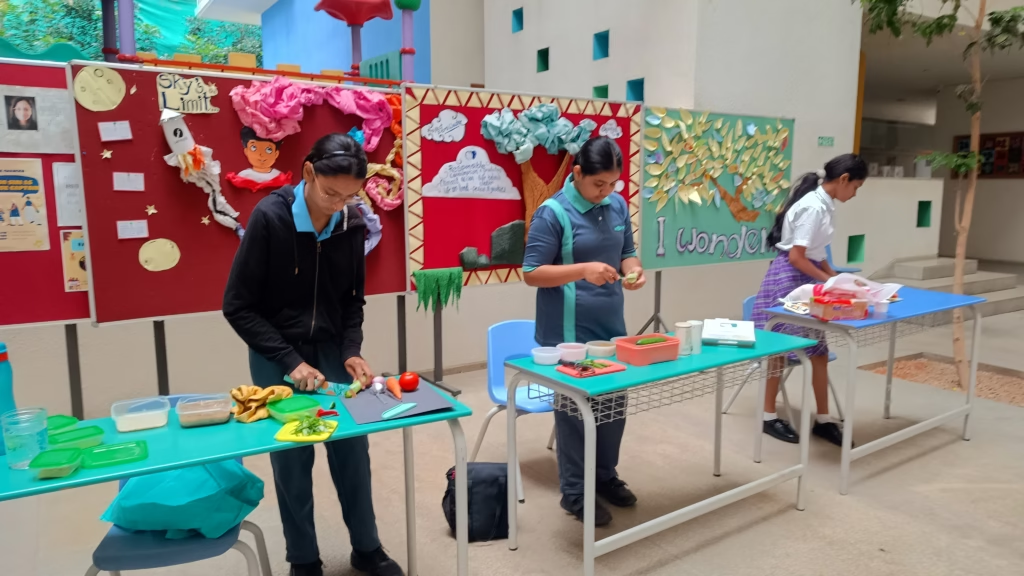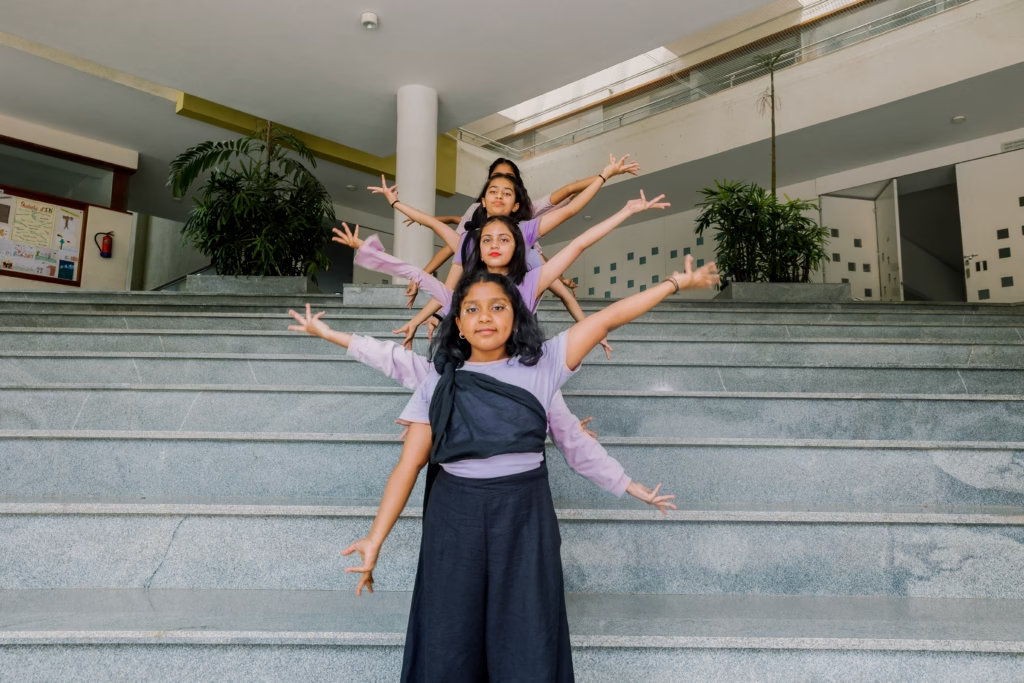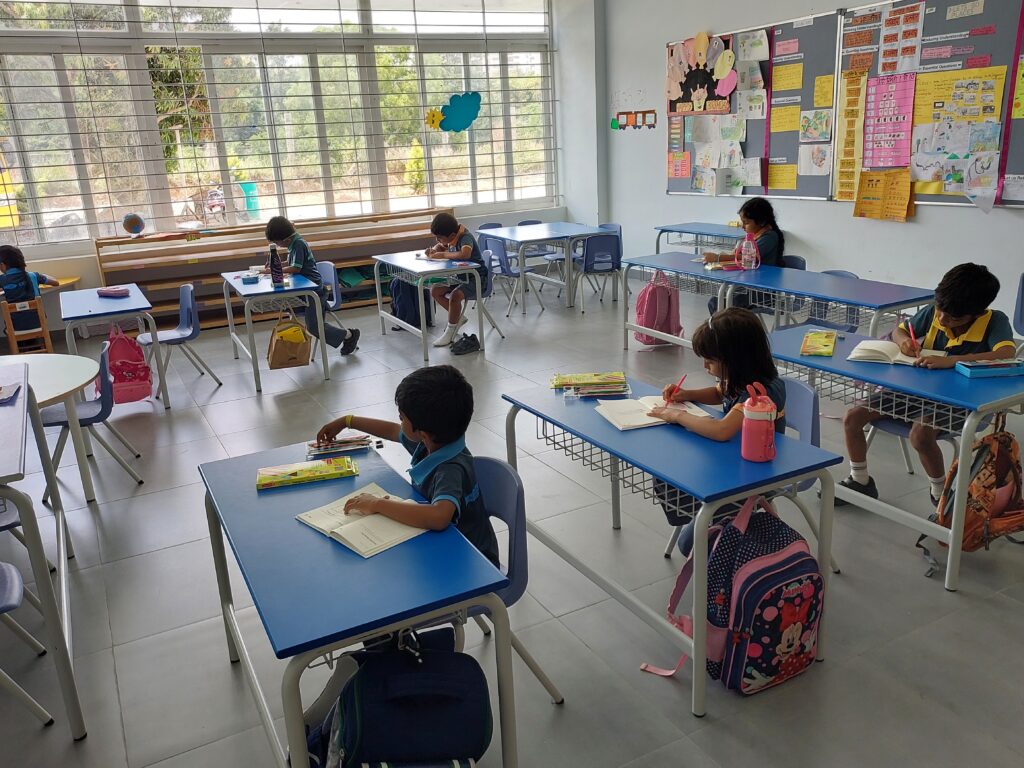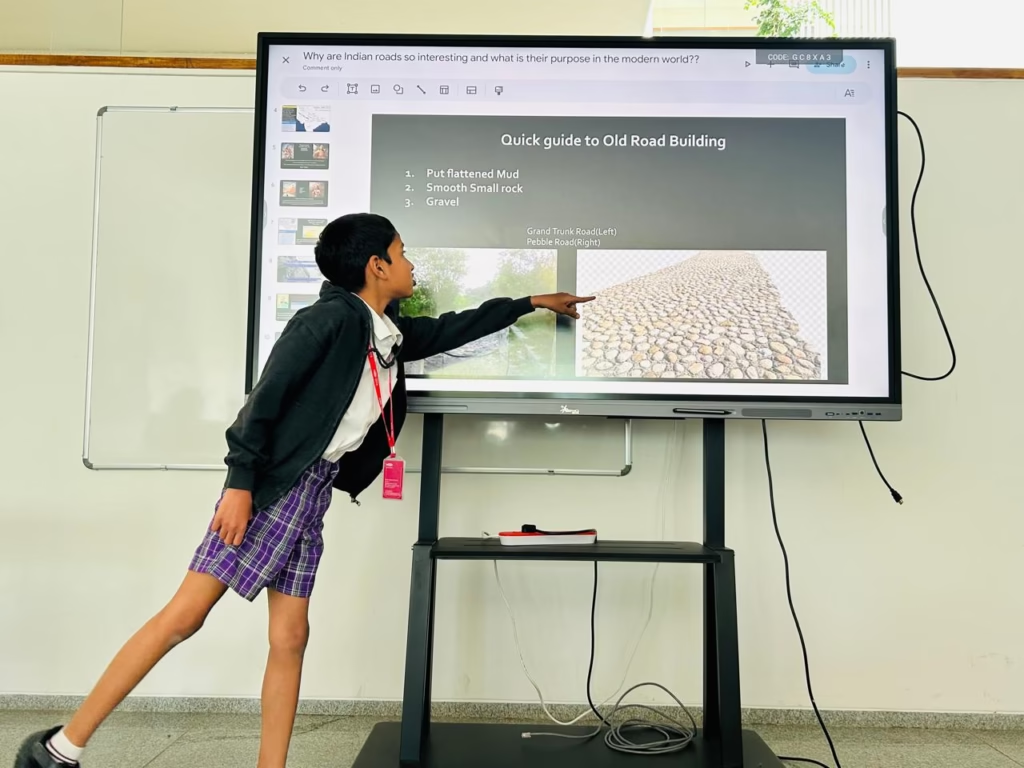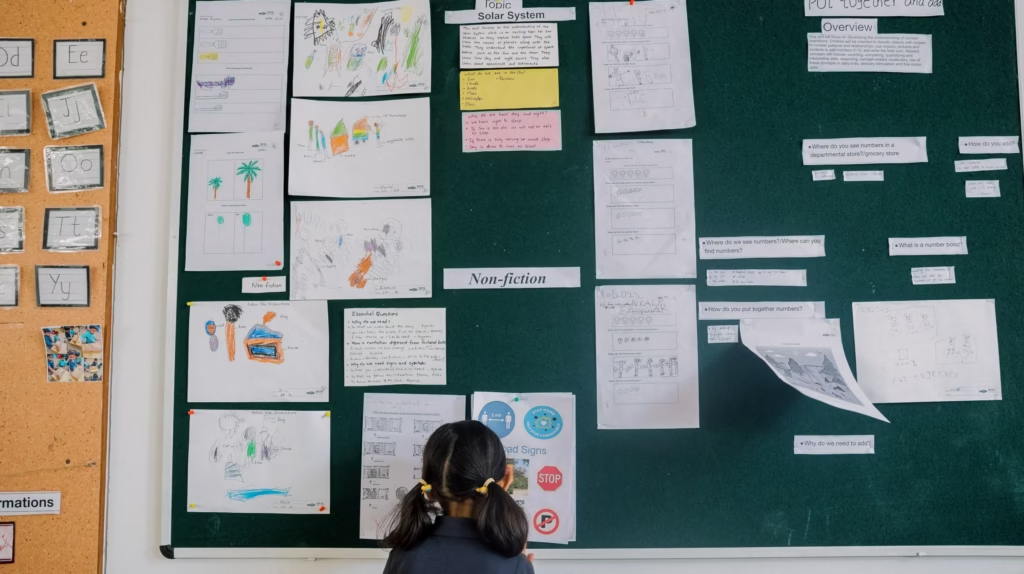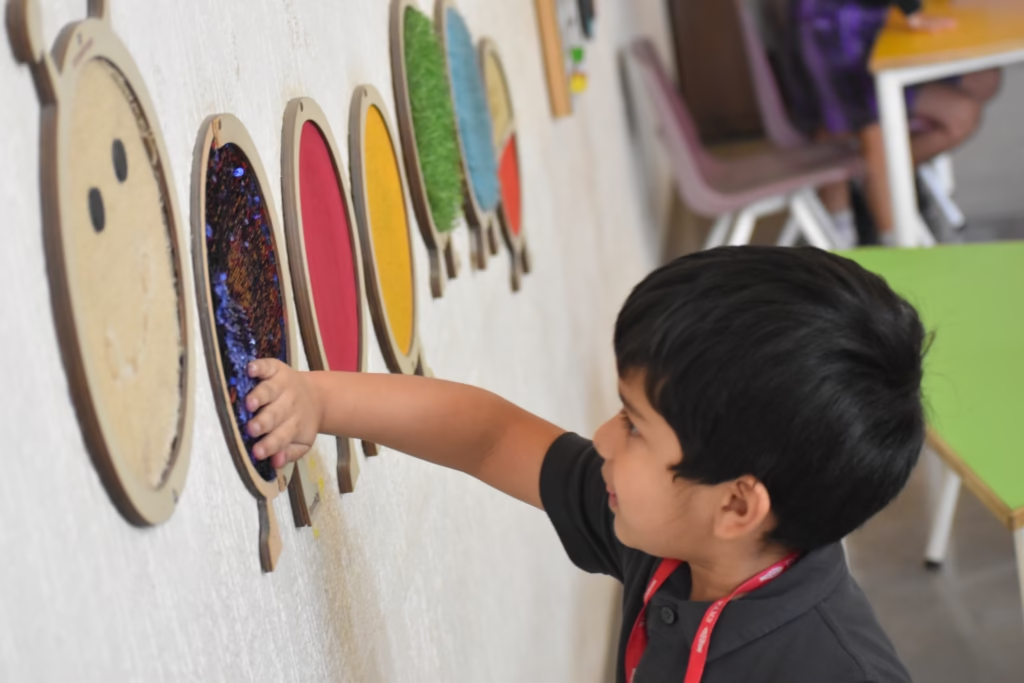Embracing Individuality: Celebrating What Makes You Unique Life is like a mosaic, where each piece contributes to a larger, beautiful picture. Each student is a unique tile—distinct in color, shape, and texture—coming together to form a vibrant community. At international schools in Bangalore, the celebration of individuality is at the forefront of education. Here, the focus is not only on academic achievements but also on nurturing each student’s unique identity and talents. As students transition through their educational journey, these top K-12 schools in Bangalore provide an environment where authenticity is embraced and differences are celebrated. By fostering a culture that values personal growth and self-expression, these schools empower students to become confident, innovative thinkers ready to make their mark on the world. Let’s delve into how these institutions are redefining education by celebrating what makes each student unique. Personalised Learning: Unlocking Your True Potential In a sea of standardised curriculums and one-size-fits-all approaches, international schools in Bangalore stand out by recognising that every student is a masterpiece waiting to be unveiled. These institutions understand that true success is not about fitting into a predetermined mold, but about empowering each individual to discover and embrace their unique talents and passions. At the heart of this personalised approach is a curriculum that adapts to the needs and interests of each student. Whether you’re a budding artist, a math prodigy, or a passionate explorer of the natural world, these top schools in Bangalore ensure that your educational journey is tailored to your strengths and aspirations. Through small class sizes, one-on-one mentoring, and a diverse range of electives, students are encouraged to delve into subjects that ignite their curiosity and cultivate their skills. This personalised learning environment allows students to thrive and excel, not just in the classroom, but in the pursuit of their dreams. Fostering Creativity and Innovation In a world that values conformity, these international schools in Bangalore are challenging the status quo by nurturing creativity and innovation. They understand that the future belongs to those who dare to think differently, who are unafraid to color outside the lines and push the boundaries of what’s possible. These top K-12 schools in Bangalore have transformed their campuses into vibrant hubs of creativity, where students are encouraged to experiment, collaborate, and bring their ideas to life. From state-of-the-art makerspaces and design studios to cutting-edge technology labs, these learning environments are designed to inspire and empower students to think outside the box. Beyond the classroom, international schools in Bangalore offer a rich tapestry of extracurricular activities that cater to a wide range of interests and talents. From coding clubs and robotics teams to performing arts ensembles and entrepreneurship programs, students have ample opportunities to explore their passions and develop their skills in a supportive and inclusive environment. Cultivating Global Mindsets In an increasingly interconnected world, international schools in Bangalore understand the importance of nurturing global mindsets. These institutions are committed to preparing students to thrive in a multicultural, ever-evolving world, equipping them with the skills and perspectives to navigate and contribute to the global community. These top schools in Bangalore celebrate diversity by fostering a vibrant, inclusive community. Students from diverse backgrounds come together, sharing their unique cultural experiences and perspectives and learning to appreciate the richness of our interconnected world. Many international schools in Bangalore offer opportunities for students to engage in international collaborations, exchanges, and study abroad programs. These experiences broaden students’ horizons, strengthen their intercultural communication skills, and inspire them to become global citizens who can make a meaningful impact on the world. Empowering Confident, Resilient Leaders At the heart of these top K-12 schools in Bangalore is an unwavering commitment to developing confident, resilient leaders who are equipped to navigate the challenges of the 21st century. Through a comprehensive approach to education, these institutions nurture the social-emotional well-being of their students, fostering the skills and mindsets needed to thrive in an ever-changing world. Each student is paired with a dedicated mentor who provides personalised support, guidance, and encouragement throughout their educational journey. These mentors help students navigate academic, personal, and social challenges, empowering them to develop the self-awareness, problem-solving skills, and resilience needed to succeed. International schools in Bangalore offer a range of opportunities for students to hone their leadership skills, from student council positions to community service initiatives. These experiences enable students to develop the confidence, communication skills, and teamwork abilities that are essential for future success. Embracing Your Unique Journey As you navigate the world of education, remember that your individuality is your superpower. At international schools in Bangalore, you’ll find a community which celebrates what makes you unique and empowers you to unlock your full potential. Whether you’re a budding artist, a math prodigy, or a passionate explorer of the natural world, these top schools in Bangalore will provide you with the personalized support, resources, and opportunities to thrive. Embrace your individuality, unleash your creativity, and let your unique story shine! Each student is paired with a dedicated mentor who provides personalised support, guidance, and encouragement throughout their educational journey. These mentors help students navigate academic, personal, and social challenges, empowering them to develop the self-awareness, problem-solving skills, and resilience needed to succeed. International schools in Bangalore offer a range of opportunities for students to hone their leadership skills, from student council positions to community service initiatives. These experiences enable students to develop the confidence, communication skills, and teamwork abilities that are essential for future success.

